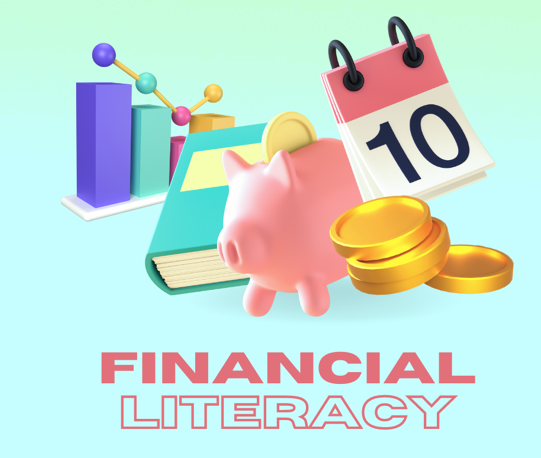
There was a time when students learned about Math, Science, Reading and Writing as the basics of a curriculum, but they also learned basic life skills through home economics, civics, music, and art classes. As the structure of schools changed and the funding sources changed, so did the curriculums. More instructional focus was put on standardized testing and what makes one school better than another. Children started moving away from neighborhood schools to attend “better” schools and even moved to private school systems that had the autonomy to make their own curriculums and evade much of the standardized testing. Then came Charter schools and school “collectives” that were a hybrid of multiple school types.
Change in school structure led to changes in instruction type. The basics of learning became ELA (English and Language Arts), Science, Social Studies, and Mathematics. Life and social skills instruction through classes like home economics, music, art, and we unfunded or underfunded and moved to the back shelf. Students had to learn these skills through clubs or extracurricular activities or be taught at home or in their communities. Financial Literacy is one of the most important things that was shelved. How to balance a check book, loans and credit, budgeting, insurance, taxes to name a few, are needed to be a productive and astute adult in society. But I guess this is not as important as making the grade for the school to secure that “A” rating and to secure the extra funds to give “brother-in-law” contracts for things that are not essential to the learning process.
Parents have a responsibility to instruct their children and encourage self-learning, but just like parents aren’t responsible for setting the Math, Science and ELA curriculums, why should they be expected to provide the full instruction on life skills? Shouldn’t parents be responsible for supplementing learning and development like they do on the other subjects taught in school? Are basic money and financial skills not worth teaching in the classroom? Do we expect a healthy economy when all are not equipped to participate in it?
It is imperative that Financial Literacy be taught in schools and incorporated into the curriculums of all systems. Our communities cannot move forward economically if we do not. Individuals will continue to struggle with finances and payday lending and credit debt will continue to rise. We will continue to see problems in the housing markets and families will continue to live the opposite of the “American Dream.” Many states are looking to make the change legislatively and I stand with them. It is time to make the shift and get back to teaching for the success of the students and their futures and not just for popularity and funding.